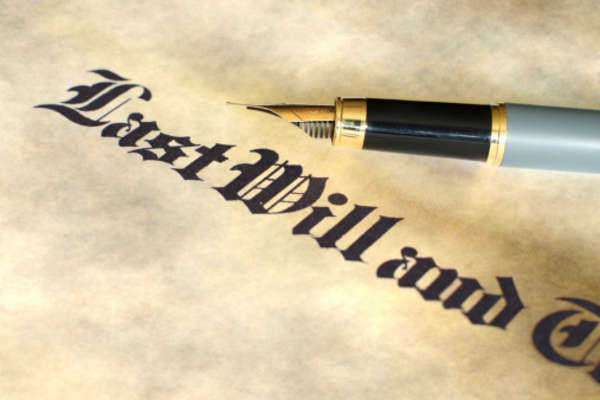Valid Will
Generally speaking, a will is valid until it is considered to be
revoked or physically destroyed. A will that is up to date and no
apparent amendments or changes were made will be valid, regardless of
how many years have passed. Once a person dies, the assets or estate
that is to be passed down in accordance to the will be executed as
required by law.
The will is valid until the testator of the will
either replaces or updates the existing will the change its content or
it is physically destroyed. Simply crossing out or stamping the will as
"revoked" or "void" will not cancel the will. A person must destroy it
in a physical sense, or physically eliminating the required signatures,
such as that of the testator and witnesses.
If only a particular
section or part of the will is destroyed, that particular section will
be considered as revoked. The remainder of the will be considered valid
and executed as prescribed.
